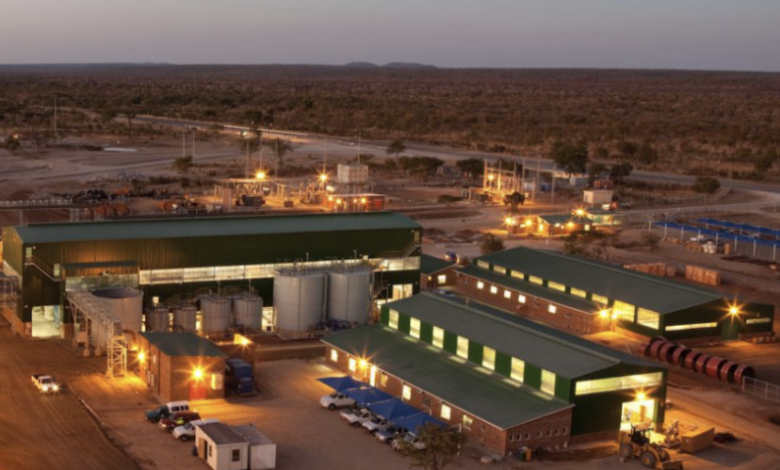The Role of Manufacturing in Zimbabwe’s Economic Development

Zimbabwe’s economy has been grappling with various challenges over the years. However, one sector that has shown potential in driving economic growth is the manufacturing industry. This article explores the significant role the manufacturing industry plays in Zimbabwe’s economic development. The manufacturing industry in Zimbabwe has the potential to contribute significantly to the nation’s GDP.
The Manufacturing Industry in Zimbabwe
Zimbabwe’s manufacturing industry is a crucial driver of economic activity. It contributes significantly to the country’s Gross Domestic Product (GDP), providing employment opportunities and fostering economic growth. The manufacturing industry includes sectors such as food processing, textiles, and metal production among others.
Additionally, the Executive Summary of the CZI Manufacturing Sector Report provides a clearer image of the sector’s performance. It states that, ”the 2022 Manufacturing Sector Survey generally shows that the Zimbabwe manufacturing sector is very resilient. However, it is also quite apparent that a conducive macroeconomic environment remains the main driver of manufacturing sector performance. It is of paramount importance to ensure that the policy prescriptions foster a conducive macroeconomic environment for business.” Indeed, this shows that the manufacturing industry in Zimbabwe needs to grow to its full potential.
The Impact of Manufacturing on Zimbabwe’s Economy
The manufacturing industry’s impact on Zimbabwe’s economy is profound. For instance, the food processing industry, a key part of the manufacturing sector, contributes to job creation and economic diversification. It also helps reduce dependency on imported goods, thereby enhancing the country’s food security.
Moreover, the textiles industry, another significant player in the manufacturing industry in Zimbabwe, has the potential to boost the country’s clothing exports, contributing to foreign exchange earnings. Furthermore, the metal production industry, which includes activities like mining and smelting, provides raw materials for other industries, thereby stimulating economic activity.
Challenges and Opportunities
Despite its potential, the manufacturing industry in Zimbabwe faces several challenges. These include infrastructural deficiencies, lack of access to finance, and high operational costs. However, with the right strategies and interventions, these challenges can be overcome.
One of the key opportunities lies in the exploitation of local resources. For example, Zimbabwe is rich in mineral resources, which can be processed into valuable products in the manufacturing sector. Additionally, the country’s agricultural sector, which forms the basis of its food production industry, offers immense potential for growth and diversification.
Conclusion
In conclusion, the manufacturing industry plays a pivotal role in Zimbabwe’s economic development. Despite facing numerous challenges, the sector holds enormous potential for growth and economic transformation. By leveraging its strengths and addressing its weaknesses, Zimbabwe’s manufacturing industry can contribute significantly to the country’s economic stability and prosperity.




